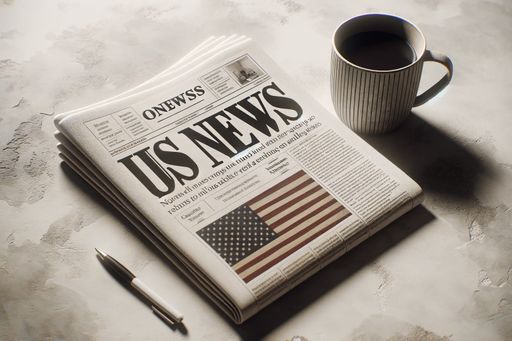Supreme Court Set to Decide on Trump's Immunity in Election Subversion Charges
The Supreme Court will soon determine whether former President Donald Trump can claim immunity from special counsel Jack Smith’s election subversion charges. The court recently laid out the question at hand, which focuses on whether a former president enjoys presidential immunity from criminal prosecution for alleged official acts during their tenure. While some experts believe the framing of the case suggests a rejection of presidential immunity, others see the possibility of further delays and legal wrangling. The court's decision will have significant implications for Trump's ongoing legal battles.

The Question at Hand
The Supreme Court will decide this year whether former President Donald Trump can claim immunity from special counsel Jack Smith’s election subversion charges. The first 29 words of the court's announcement outlined the question presented in Trump's immunity appeal. This question will be the focus of the arguments and eventual opinion that will determine whether Smith's prosecution of the former president can proceed or be shut down.
While the question may seem straightforward, experts have analyzed the wording for potential implications. Some see signs that the court may reject Trump's claims of absolute immunity, while others suggest that the outcome could lead to more delays and legal challenges before the case can go to trial.
Carefully Crafted Framing
Legal analyst Norm Eisen believes that the framing of the case signals the likely rejection of presidential immunity. He views the question as a deliberate choice that rejects Trump's most aggressive claims. Eisen suggests that the court's wording implies a narrower definition of "official acts." However, former FBI deputy director Andrew McCabe interprets the question differently. He believes it may open the door to not only determining if there is immunity but also specifying which allegedly official acts would be covered. This could lead to additional review and potentially significant delays in the case.
Overall, the framing of the case is crucial in determining the future of Trump's prosecution. The court's decision will have far-reaching consequences and could set a precedent for future cases involving presidential immunity.
Implications and Delay
By granting the appeal, the Supreme Court has effectively delayed the start of a trial in the federal election subversion case against Trump. This delay aligns with Trump's strategy of avoiding criminal trials. The court may have wanted to clarify the boundaries of presidential authority before proceeding with a trial of this nature. However, the delay also brings uncertainty and potential challenges for both prosecutors and the defense.
Mark Meadows, Trump's former chief of staff, has argued that his election actions were part of his official responsibilities. However, Chief Judge William Pryor and the DC Circuit have previously rejected similar claims. They emphasized that certain actions, such as altering valid election results or engaging in campaign-related activities, are not protected by presidential immunity. The court's decision will shed light on the extent of presidential immunity and determine whether Trump's actions can be subjected to criminal prosecution.



